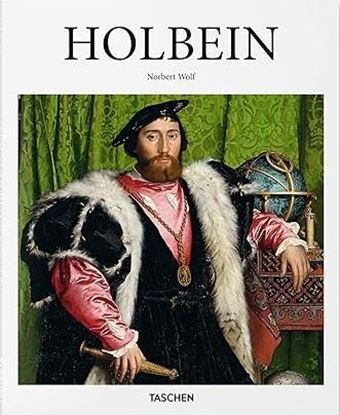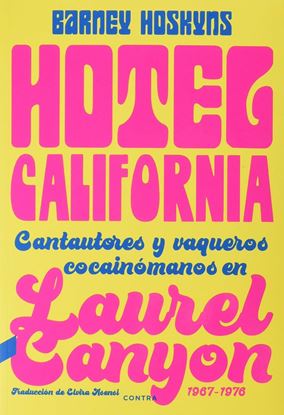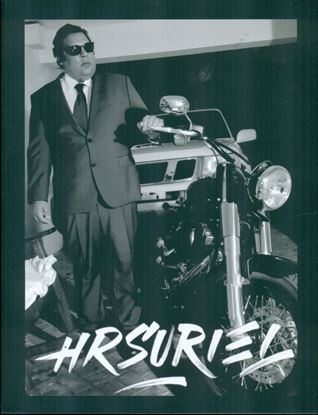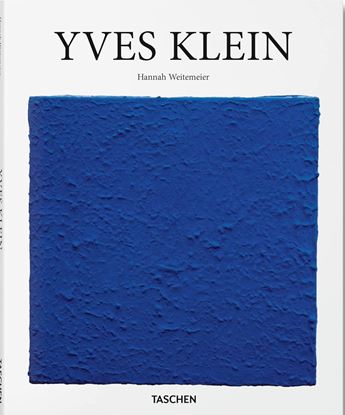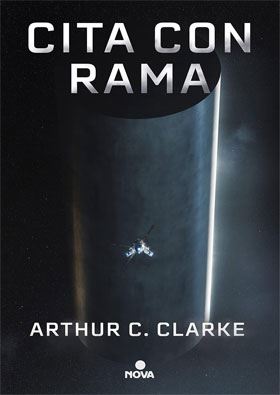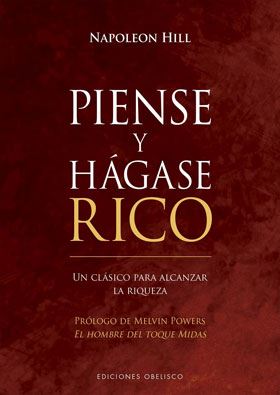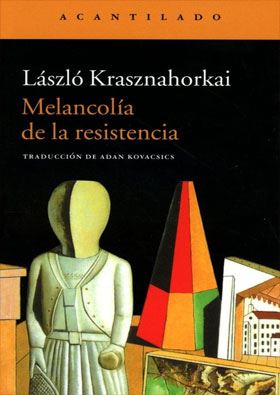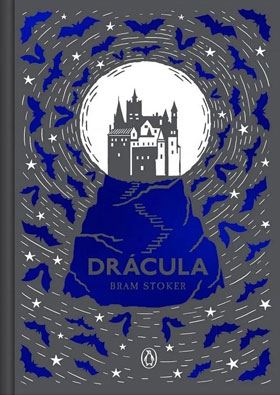

HOKUSAI. HIROSHIGE
Grandes viajeros y entusiastas de la naturaleza, Hokusai e Hiroshige revolucionaron el grabado japonés a partir de finales del siglo xviii, llevando el paisajismo a su apogeo. A través de las estaciones, estos artistas y sus sucesores rinden homenaje a una naturaleza deslumbrante y eterna que se encuentra en el corazón del pensamiento y la cultura japoneses, y nos invitan a redescubrir la belleza sencilla del cerezo en flor, a saborear la frescura de una tarde de otoño, a contemplar las primeras nieves inmaculadas, a dejarse sorprender por el ligero vuelo de un pájaro... en suma, a «vivir el momento presente». Inserto en un bonito cofre, este volumen en forma de acordeón, a modo de antiguo libro japonés, reúne una antología de los grabados más famosos de los grandes paisajistas, desde la época de Hokusai hasta la de Hasui, y acompañados por un opúsculo explicativo.
1,850
1,573
HOLBEIN (BA-ART) (GB)
This book brings together key Holbein paintings to explore his illustrious and international career as well as the courtly drama and radical religious change that informed his work. With rich illustration, we survey the masterful draftsmanship and almost supernatural ability to control details, from the textures of luxurious clothing to the ornament of a room, that secured Holbein’s place as one of the greatest portraitists in Western art history.
1,250
1,063
HOTEL CALIFORNIA. CANTAUTORES Y VAQUEROS
A mediados de los sesenta, la música popular norteamericana dio un giro copernicano cuando la fábrica de hits de Nueva York se vio desplazada por los himnos aterciopelados y edénicos que empezaron a brotar de Los Ángeles de la mano del genial productor Phil Spector y grupos como los Beach Boys, los Byrds o The Mamas and the Papas. A partir de ese momento, una serie de artistas, que empezaron a reivindicarse como cantautores de sus propios temas, encontraron en las colinas californianas de Laurel Canyon y en sus alrededores un paraíso virginal —en plena naturaleza pero a un paso del fragor de la gran ciudad— donde establecerse, echar raíces y dar rienda suelta a sus canciones de corte intimista y reivindicativo. Locales como el Troubadour, en La Cienega Boulevard, empezaron a ser frecuentados por la nueva horda de músicos, que aspiraban a tocar sus canciones en directo frente a la exigente audiencia, formada en buena parte por los propios músicos y aspirantes a estrellas. Se iría así fraguando una de las eras doradas del rock norteamericano, que empresarios de la música como un joven y aguerrido David Geffen y su socio Elliot Roberts convertirían casi de la noche a la mañana en un emporio. De este modo, sellos como Warner/Reprise, dirigidos por los linces Mo Ostin y Joe Smith, o Asylum, del tándem Geffen/Roberts, apostaron por un repertorio de folk rock y nuevo country que vio nacer a cantautores y grupos de la talla de Neil Young, Joni Mitchell, Gram Parsons, Crosby, Stills & Nash, Jackson Browne, Linda Ronstadt, James Taylor, The Flying Burrito Brothers, The Eagles o Fleetwood Mac, entre muchos otros, que se convertirían en el nuevo canon del rock y el folk de la música norteamericana a base de música introspectiva y de raíces. Sin embargo, el idealismo, la solidaridad y el talento no tardarían en dar paso a un pandemónium de celos, consumo exacerbado de drogas y sobredosis, relaciones sentimentales tormentosas, éxitos clamorosos y caídas en picado que convirtieron el paraíso en un infierno de egoísmo y capitalismo desbocado que preconizó las maneras que la industria musical desarrollaría a partir de ese momento. Esta es la historia de los artistas de aquella generación, que alumbraron algunas de las mejores canciones de todos los tiempos y cuyo legado sigue más vigente que nunca.
995
846
J.C. VOLKAMER. THE BOOK OF CITRUS FRUITS
Have you ever thought of citrus fruits as celestial bodies, angelically suspended in the sky? Perhaps not, but J. C. Volkamer (1644–1720) did―commissioning an extravagant and breathtaking series of large-sized copperplates representing citrons, lemons, and bitter oranges in surreal scenes of majesty and wonder.
Ordering plants by post mostly from Italy, Germany, North Africa, and even the Cape of Good Hope, the Nuremberg merchant Volkamer was a devotee of the fragrant and exotic citrus at a time when such fruits were still largely unknown north of the Alps. His garden came to contain a wide variety of specimens, and he became so obsessed with the fruits that he commissioned a team of copperplate engravers to create 256 plates of 170 varieties of citrus fruits, many depicted life size, published in a two-volume work. The first volume appeared in 1708, with the impressively lengthy title The Nuremberg Hesperides, or: A detailed description of the noble fruits of the citron, lemon and bitter orange; how these may be correctly planted, cared for and propagated in that and neighboring regions.
2,200
1,870
JACQUES DEVAULX. NAUTICAL WORKS (XL)
In the mid-1950s, Yves Klein (1928–1962) declared that “a new world calls for a new man.” With his idiosyncratic style and huge charisma, this bold artist would go on to pursue a brief but bountiful career, producing more than 1,000 paintings over seven years in an oeuvre now considered a mainstay of postwar modernism.Klein made his name above all with his large monochrome canvases in his own patented hue of blue. International Klein Blue (IKB), composed of pure pigment and binding medium, is at once rich and luminous, evocative and decorative, and was conceived by Klein as a means of evoking the immateriality and infinitude of the world. The works of this “Blue Revolution” seem to draw us into another dimension, as if hypnotized by a perfect summer sky. Klein was also renowned for his deployment of “living brushes,” in which naked women, daubed in International Klein Blue, would make imprints of their bodies on large sheets of paper.
5,995
5,096


